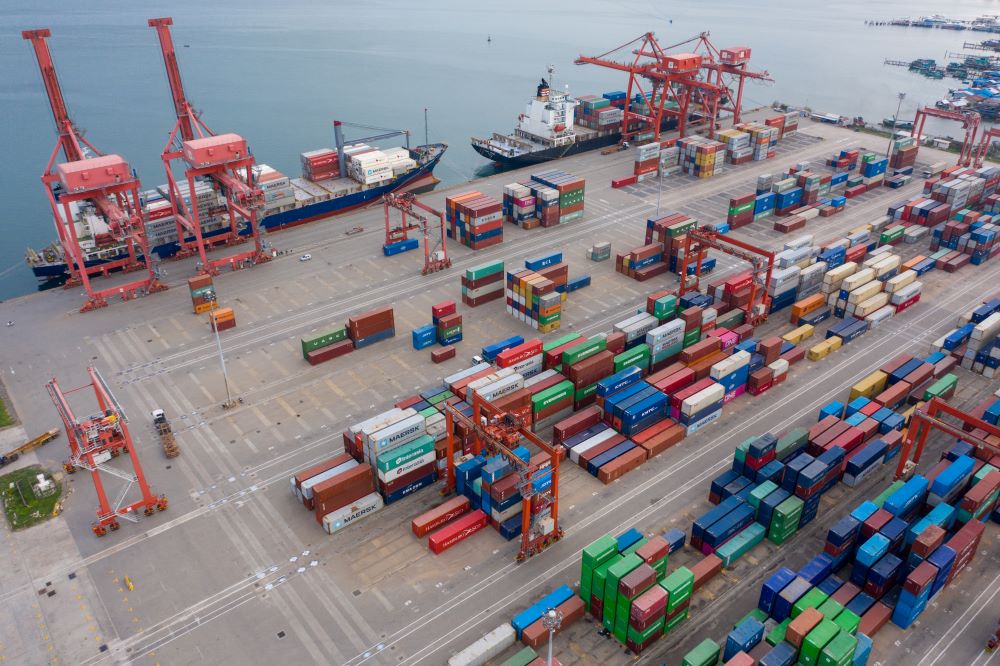
The UK government has admitted that 23 of its post-Brexit trade deals include clauses that might prevent companies benefitting from freeport tax benefits while exporting their goods tariff-free.
Freeports are a key pillar of HM Government’s post-Brexit trade policy, with one of their major benefits being a process known as ‘duty drawback’. This involves companies receiving components and ingredients from abroad without paying any duties.
In March’s budget speech, Chancellor Rishi Sunak announced freeports would be set up at East Midlands Airport, Liverpool, Felixstowe, Plymouth, Thames, Teesside, Humber and Solent.
Duty exemption prohibitions
Many trade deals – such as those the UK has signed with Canada, Singapore and Switzerland – include ‘duty exemption prohibitions’.
These clauses state that businesses ‘which have not paid import duties cannot benefit from reduced tariffs on exports’, according to the BBC.
This means that a company, based in a freeport benefitting from the duty drawback process, will not be able to claim preferential duty rates when sending completed goods to a country with which the UK has signed a free trade agreement that includes a duty exemption prohibition.
‘Blunder’
Labour has estimated that British business with affected countries is worth more than £35bn a year, the Independent reports.
International Trade Secretary Liz Truss went on to sign a further 10 deals including the prohibition after the Treasury warning was issued.
Only one deal, with Turkey, included a restriction on the scope of prohibitions which mean they will not apply to the vast majority of UK exports.
Choice for business
A government spokesperson told the Financial Times that businesses will be able to choose between benefiting from either the 'duty drawback' arrangements in freeport zones or the preferential tariff rates negotiated in the free trade deals.
“It is not uncommon for free trade agreements to have these provisions,” the Department for International Trade spokesperson said.
“Where these provisions apply, businesses can choose to either benefit from the duty drawback, or the preferential rates under the free trade agreement — provided they meet the rules of origin test under that agreement — depending on what suits them best.”
